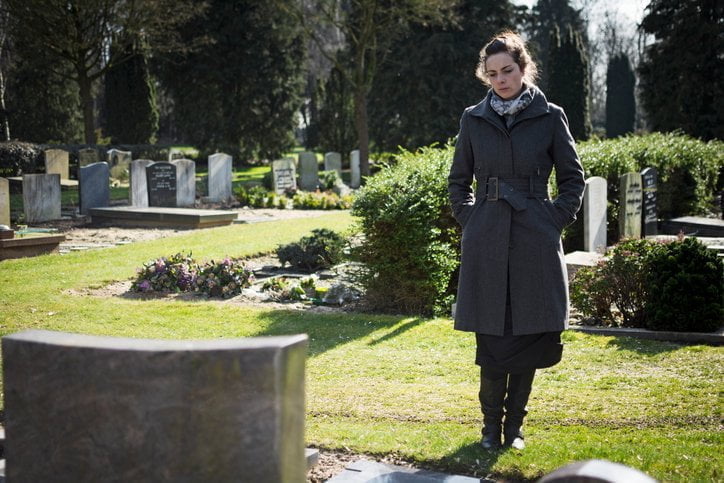
The truth of the matter is, the American justice system is designed to be fair. I know when you’re dealing with a workers’ compensation claim, the system can seem stacked against you — particularly when it comes to red tape and negotiating with insurance carriers. It can be easy to lose sight of the fact that, ultimately, the law is in place to make sure that those in need of workman’s comp benefits are paid.
Unfortunately, sometimes the eligibility of a workers’ compensation beneficiary is called into question. Take, for instance, a case from last summer. The husband had died in a work-related accident, and under normal circumstances, his wife would be eligible for workers’ compensation death benefits.
However, the man’s wife hadn’t lived with him in seven years. If she had not been living with him, but was financially dependent on him, then she would have been eligible. As it was, he hadn’t been giving her any financial support.
You might think that the fact that she had not been living with him or financially dependent on him could be enough to make her ineligible. However, the court took one more thing into consideration. They looked into whether he had been abusive to his wife in their relationship and if she was possibly forced into not living with him. The court found no evidence of abuse, and, therefore, determined that she was not eligible to receive workers’ compensation benefits on his behalf.
In this instance, the court made a good, fair call. However, this doesn’t always happen. Sometimes there are mistakes, or the court neglects to take variables into consideration. This is why it’s a good idea to have an experienced attorney on your side — someone who understands the law and knows whether you’re being treated fairly.









